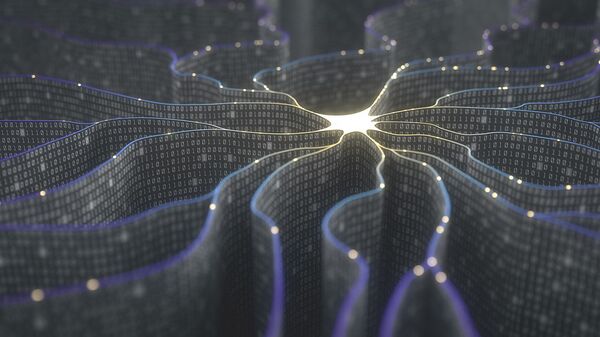The Sir Isaac Newton-formulated so-called three-body dilemma, an exceptionally complex issue in physics, finally appears to have a potential solution, thanks to AI and neural networks.
Researchers have now developed a deep artificial neural network (ANN), having started by working with three particles of the same mass, each with zero velocity. They ultimately arrived at a database of existing three-body problems and a set of solutions that today’s science has already come up with, feeding the new neural network with them and handing it over 5,000 new scenarios to focus on. As the new, breakthrough neural network promises to find solutions up to 100 million times faster than a currently available technique (called Brutus), there is a greater chance of solving how three objects can orbit each other under their own gravity conditions - something that has stumped scientists for the past 300 years.
“A trained ANN can replace existing numerical solvers, enabling fast and scalable simulations of many-body systems to shed light on outstanding phenomena such as the formation of black-hole binary systems or the origin of the core collapse in dense star clusters", the researchers said in their paper.
The work has been conducted by researchers from the University of Edinburgh, the University of Cambridge, the University of Aveiro in Portugal, and Leiden University in the Netherlands.
The horizons are broad indeed, as the AI specialists are preparing to apply the findings, which are yet to be peer-reviewed, in cosmic studies, namely to scrutinise the interaction of a system containing two black holes with a single black hole.
AI is rapidly finding its way into a variety of spheres of human life. In science, various types of neural networks, focusing on the processing and decision making that goes on in the human brain – have previously been used to generate fake faces, and simulate neutron stars’ collisions at the hands of a particle accelerator, to name a few.
AI is no less promising in the military arena, as it is changing every aspect of warfare, and being viewed as a means to update combat capabilities.
According to a recent Fox News report, US forces are pressing forward with the development of AI to reduce casualties, with the technology expected to soon be able to recognise the shape of an enemy tank, feed it into a database and decipher a hostile target in a matter of milliseconds.

